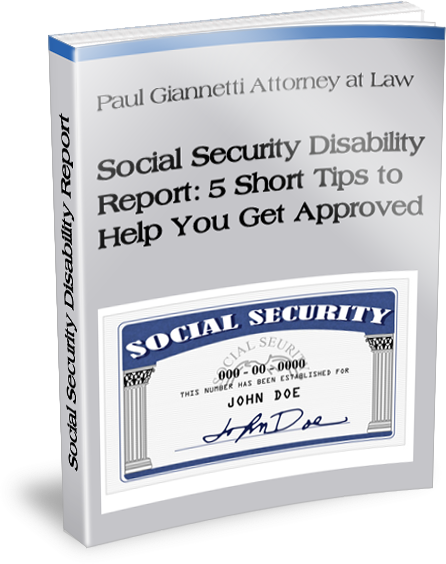At your disability hearing, you should expect the judge to ask you questions about your physical limitations. Specifically, the judge will want to know how long you can stand and sit, how far you can walk, how much you
can lift, and so forth. You need to be aware that there is a built-in problem with the way these questions are asked.
What the Judge Asks and What He Means
Judges typically ask the question just this way: “How long can you stand?” The question should not be interpreted to mean, “How long can you stand before you are in so much pain that you must go home and go to bed?” If you interpret the question this way and say “one hour,” without any explanation of your answer, you’re likely to lead the judge to think you can stand much longer than you really can on a job. What the judge needs to know,
of course, is how long you can stand in a work situation where you must stand for a while, are allowed to sit down, and then must stand again, repeating this several times during an 8-hour workday.
Many times it is best to answer the question more than one way. You could give the judge an example of overdoing it and having to go lie down. But if you give the judge that example, be sure to fully explain it. For example, explain that when you washed Thanksgiving dinner dishes for an hour, you had to go lie down for a half an hour. Otherwise, the judge will decide that you have the capacity to stand for one hour at a time, when your true capacity in a work situation is much less.
Good Days and Bad Days
How do you answer these questions when you have good days and bad? On good days, you might be able to sit or stand or walk for much longer than you can on a bad day. If you have good days and bad days, describe
what it’s like on a good day and what it’s like on a bad day. Be prepared, though, for the judge to ask you for your estimate of how many days out of a month are good days and how many days are bad days. A lot of people answer such questions with, “Well, I never counted them.” Count them now while you are waiting for your hearing. The judge will need this information.
Details. Details. Details.
The more specifics that you can provide, the easier it is for the judge to understand your testimony about your symptoms and your limitations.
Know Yourself and Prepare
To give good testimony about your limitations, it is really important for you to know yourself, know your limitations, and neither exaggerate nor minimize them. This is hard to do. You will need to think about it, jot down some notes or keep a daily dairy, and perhaps discuss your limitations with family members. You will definitely want to discuss your limitations with your attorney before your hearing.
